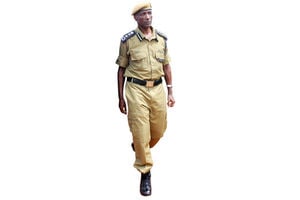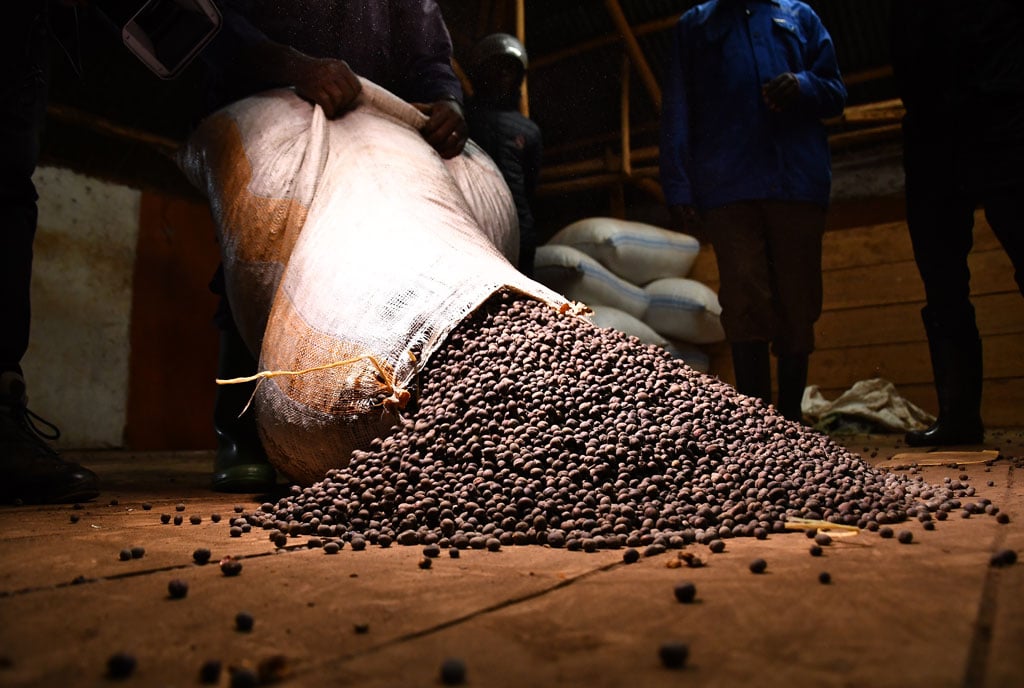
On Saturday, September 28, the leadership of the Uganda Law Society changed hands from Mr Bernard Oundo to Mr Isaac Ssemakadde, also known as Legal Rebel.
The campaigns for the presidency of this society charged with the responsibility of, among others, “protecting and assisting the public in Uganda in all matters touching, ancillary or incidental to the law”, were the most animated in recent history.
They captured, not only lawyers who turned out to vote in numbers not seen in the recent past, but most importantly, they captured the attention of a hitherto disinterested public.Column inches and online blogs have been filled with all manner of explanations as to why this is the case but what should really stand out is that Ugandans are yearning for rule of law. A legal framework that meets indigenous needs. One that works for both rich and poor alike.
Post-independence Uganda has never had this in its turbulent 62-year history. In fact, an argument can be made that Uganda has never had a Constitution that’s about the people of Uganda. It has been about asserting the legitimacy of regimes from the Imperial British East Africa Company (IBEACO) to the National Resistance Movement (NRM). The first bar association wasn’t to liberate Ugandans. It was to provide a skilled workforce to facilitate extractive transactions. The law was held as an axe to curve up territories; an instrument to realise treaties in the protectorate.
Then came Independence and with it, the 1962 Constitution. The irony here is that the 1962 Independence Constitution was promulgated in Westminster as a schedule for an Act of Parliament of the United Kingdom. Despite maintaining some administrative structures such as kingdoms and chiefdoms, it can’t be argued to have been indigenous.Then 1966 happens and Milton Obote abrogates the 1962 Constitution, abolishes kingdoms and replaces it with the Republican Constitution in 1967 with him as President. Very little input from the people.
In 1971, Id Amin overthrows Obote, continues to enforce the 1967 Constitution but rules by special decree with amendments to get rid of the presidential and parliamentary elections. Essentially, he became a life president.
Fast forward, 1980 Obote returns to power and rules by his constitution. Soon after, NRM takes over and with it, the 1995 Constitution, which has been amended severally and violated countless others.
It should surprise no one that we have amended our Constitution that many times and our justice system doesn’t seem to work. We were force-fed these laws. We have had a wholesome embrace of common law over our own customary laws that have prevailed for hundreds of years.
Suddenly, restorative practices like “Mato Oput” from Acholi and “Empereka” from Ankole have had to take the back banner in favour of a clogged justice system that doesn’t seem fit for purpose.
Justice is a social good and a major cornerstone of Sustainable Development Goal 16. The legal fraternity stands at the centre of this. As we celebrate a new dawn at the Uganda Law Society, it’s about time we reminded them that they have a duty to society to drive a conversation aimed at making our laws truly indigenous.
They have a duty to make laws that prioritise the will of the people and not the will of the colonial masters and the new overlords. Decolonise!
Mr Anthony Natif is a team head, Public Square, @TonyNatif








